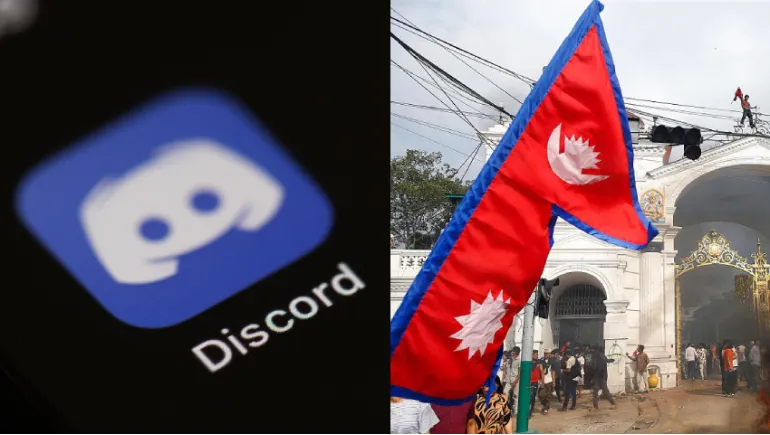
In an extraordinary turn of events, Nepal’s Gen Z community has chosen Discord as their platform to ‘elect’ an interim Prime Minister. What began as an online gathering has transformed into a fascinating political experiment — blending digital culture with civic activism. This unconventional move highlights how the younger generation is rewriting the rules of engagement, governance, and democracy itself.
Yes, you read that right — politics is no longer confined to parliamentary halls or television debates. For Nepal’s youth, the political stage is now an online chat server buzzing with memes, polls, debates, and digital votes.
Nepal’s younger generation has long been frustrated with the slow pace of political reform. Many feel their voices are ignored in traditional politics dominated by older leaders. Discord, with its casual structure of channels and real-time conversations, offered Gen Z a place where they could create their own version of democracy — unfiltered, fast, and interactive.
Think about it: instead of waiting for policy discussions on TV or reading through bureaucratic reports, these young people created voice channels, meme rooms, and voting polls to simulate their version of a government. It’s digital, it’s chaotic… but it’s also surprisingly organized.
The process was both playful and profound. Moderators acted like election officials, setting up polls for candidates who campaigned with short bios, witty lines, and bold promises. Members of the server — mostly teenagers and young adults — cast their votes in real-time. Within hours, a symbolic interim Prime Minister was chosen, creating a sense of unity and empowerment among participants.
Unlike traditional politics filled with lengthy speeches and rigid protocols, this digital election was fast, inclusive, and interactive. It reflected exactly what Gen Z values — transparency, participation, and innovation.
Of course, the Discord election does not replace Nepal’s constitutional process. But it symbolizes something much bigger: how technology can provide a sandbox for political engagement, allowing young people to imagine alternatives to the status quo.
This experiment wasn’t about overthrowing governments — but about building political literacy. By debating issues, voting, and discussing policies in real-time, Nepal’s Gen Z gained hands-on experience with democratic processes in a way that classrooms and textbooks rarely provide.
This event sends a clear message: Gen Z is ready to lead conversations about the future. With their digital skills and global outlook, they’re not afraid to challenge old systems. Discord may have been the platform, but the bigger takeaway is how youth-led digital movements can spark conversations about accountability, transparency, and representation.
In fact, this online election reflects a broader global trend. From climate activism on TikTok to social justice movements on Twitter, Gen Z is leveraging online spaces to influence real-world change. Nepal’s Discord experiment is simply another chapter in this global story.
Supporters highlight several benefits:
It’s democracy… but with emojis, GIFs, and instant notifications.
However, skeptics argue that digital elections come with risks:
These concerns highlight why digital experiments should complement, not replace, official systems. Still, the Discord election has already made an impact — sparking debate about what democracy could look like in the 21st century.
Could Nepal’s Gen Z Discord election be a blueprint for future political engagement? Perhaps.
While it may not replace ballot boxes, it shows how governments could use platforms young people already love — Discord, Telegram, WhatsApp — to host public consultations, town halls, or policy feedback loops. Imagine ministries running live Q&As on voice channels. Or citizens voting on local budgets via app-integrated polls.
The future of democracy isn’t just about voting — it’s about belonging. And for Gen Z, belonging starts with a notification sound.












Comments
There are no comments for this Article.